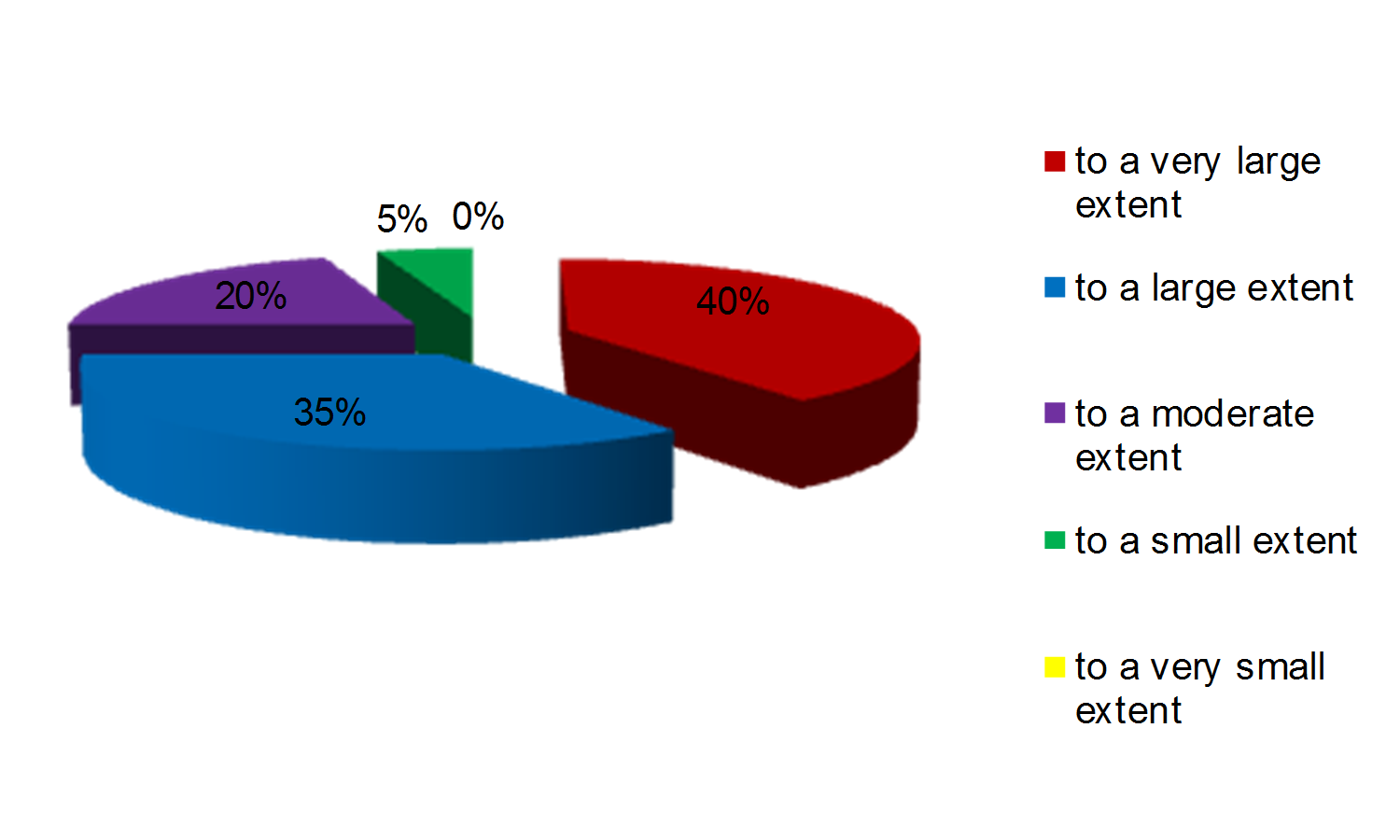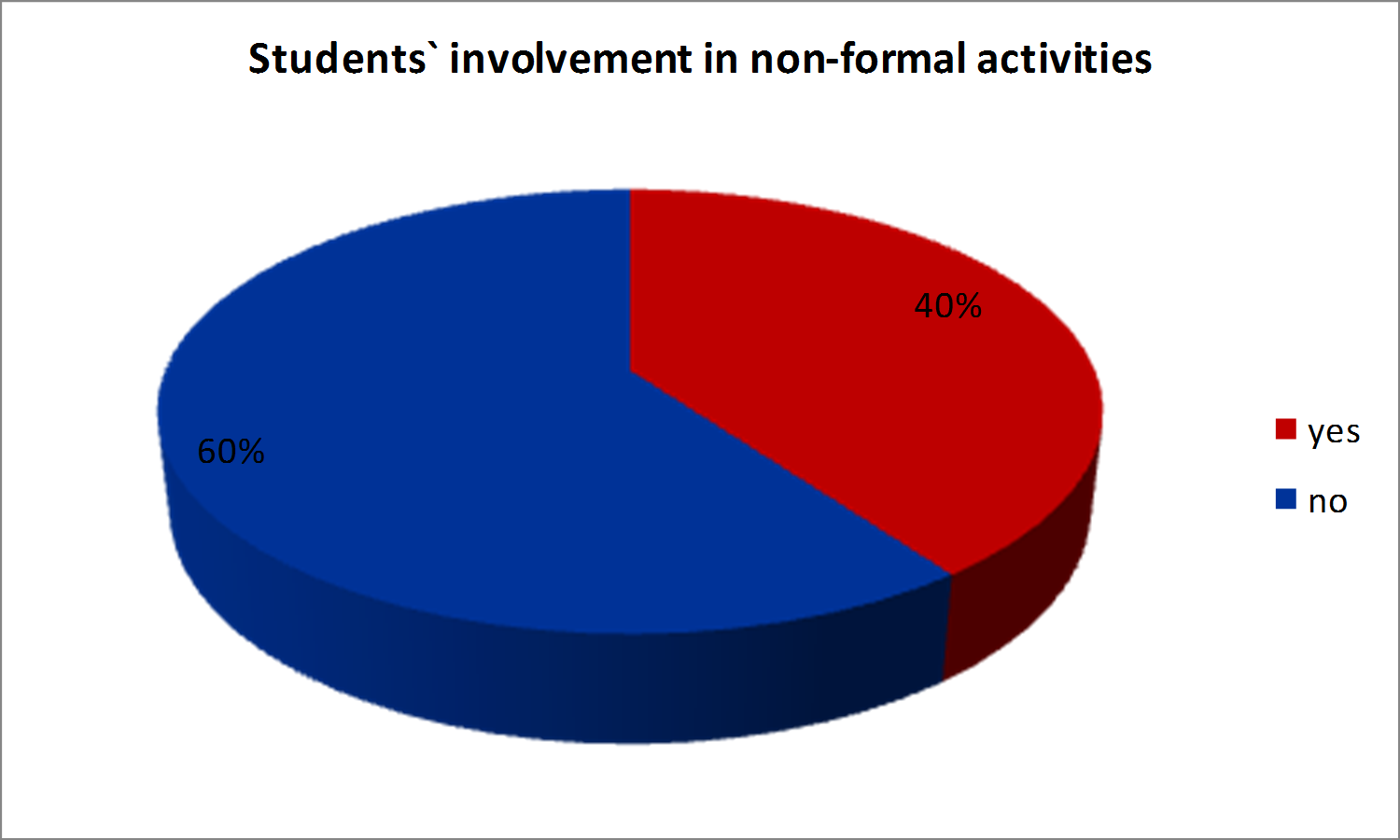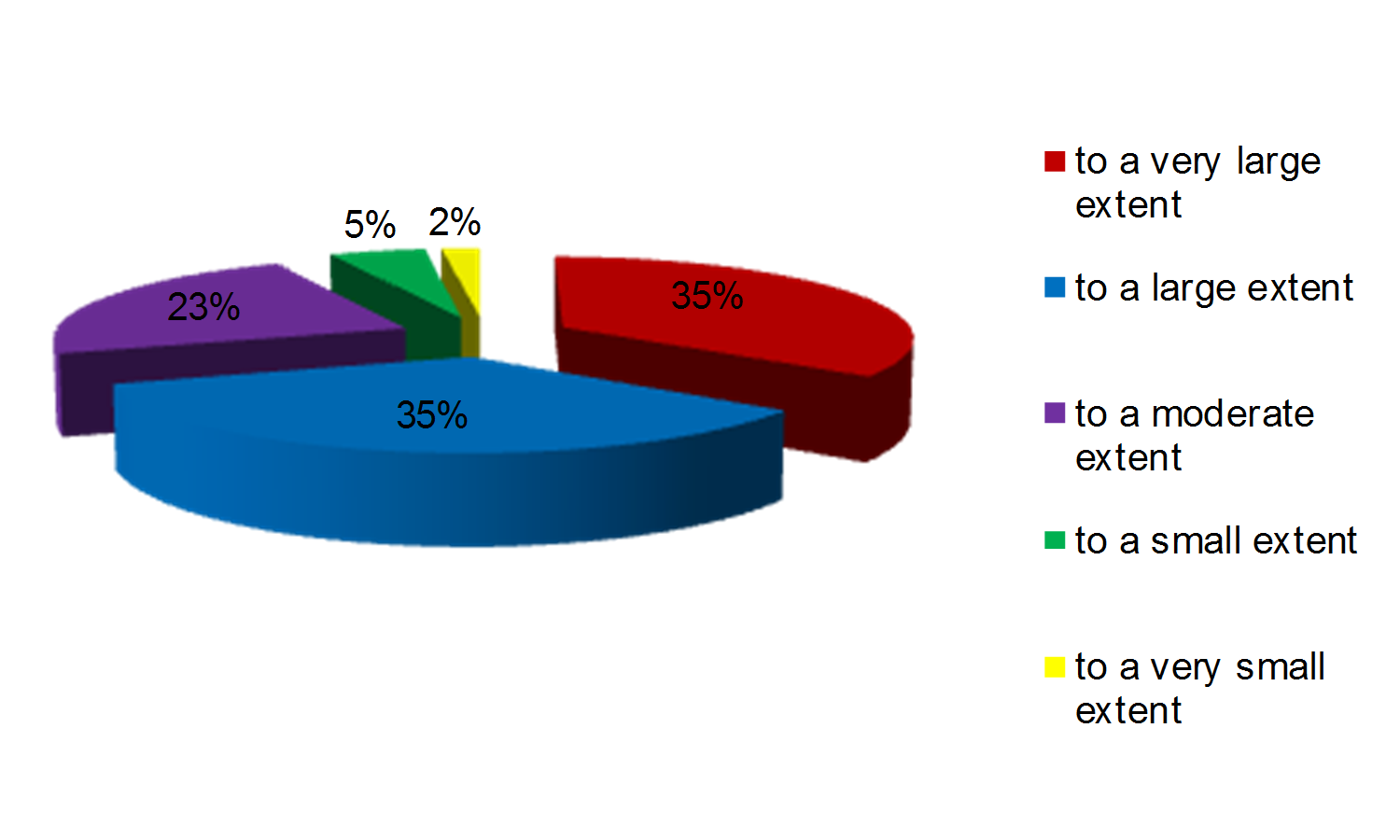Abstract
Nowadays, it is a strong need for a quality education that has to lead our students to sustainable acquisitions in the field of cognitive, metacognitive, social, cultural, emotional competences. Motivation is seen as a fundamental problem for the success of any learning activity. We are confronted with the phenomenon of students’ demotivation, who often manifest lower interest for the topics they are studying. More, they don’t know exactly what are the values which are able to ensure their guidance, and they don’t know where to search for authentic attitudinal models. In this case, it is necessary a reconsideration of the teacher’s roles, because the teacher is not just a “cold” transmitter of the essential content from a given field, but rather a guide, a facilitator, an educational context creator, able to identify the most appropriate ways to motivate students. An important direction in this sense is offered by the valorisation of non-formal activities and the involvement of students in such activities. The activities organized in the format of non-formal education can considerably increase students’ motivation for learning and the involvement of students in their own formation, can consolidate their key-competences and can develop cross-cutting competences. The paper aims to illustrate the students’ opinions concerning their willingness to be involvement and to promote non-formal activities. The proposed investigation involved a survey questionnaire for students, the sample being represented by first year students from different faculties of Valahia University Târgovişte, enrolled in the pedagogical module (Level 1), for the future teaching career.
Keywords: Non-formal educationmotivation for learningeffective learningkey-competenciesIRRESISTIBLE Project
Introduction
In present, the students need sustainable acquisitions related to cognitive, metacognitive, social, cultural and emotional competences, which ensure not just their academic success, but also their professional and social success. In this respect, they must be motivated - a successful key for gathering good results in learning activities. But, demotivation appears in enough cases, which seems to be treated as a phenomenon, the students’ manifesting as a clear consequence, lower interest for study.
Taking into account the previous considerations, it is important to see the teacher’s role in a new light: from being the vector of transmitting of the content, to a partner, a guide, a facilitator, an educational context creator, able to identify the most appropriate ways to motivate students. And how best can the teacher’s role be valued than exploiting the possibilities offered by non-formal educational activities and involving the students in such demarches.
Problem Statement
Motivation represents a very important factor on which depends the student involvement in learning activities, but also the achievement of qualitative learning results, that can lead them to the formation and development of key competences. That is why teachers need to be concerned about identifying the best ways to motivate students. In this sense, one of the channel that is insufficiently explored, is offered by the involvement of students in non-formal activities, coordinated by teachers.
Motivation is an indispensable element for any learning activity. It is an internal state that triggers, directs and supports learning. In this sense,
As known, non-formal education represents, as well as formal education and informal education, one of the education forms with a special importance for the development of the student’s personality. It can be understood as an organised educational process which takes place alongside mainstream systems of education and training, and does not typically lead to certification. Individuals participate on a voluntary basis and the individual is usually aware that he/she is learning (Souto-Otero et al., 2012, p. 12). Kleis and his collaborators defined non-formal education as “any intentional and systematic educational activity, usually conducted outside the traditional school, the content being adapted to the needs of the individual and particular situations, in order to maximize learning and knowledge and to minimize the problems with which individual faces in the formal system (the stress related to the mark, imposed disciplines, doing home-works etc.)” (Kleis et al., 1973, p. 6). In this respect, non-formal education must be seen like a collection of educational actions carried out in an institutionalized setting, located either in institutions from outside the educational system, but having explicit and implicit educational purposes: libraries, clubs, theaters, museums, cinemas, art schools, or inside the educational system, through extracurricular activities (circles on different disciplines, inter/transdisciplinary activities, optional activities such as competitions, shows, school celebrations, competitions, trips, camps, excursions, volunteer activities, etc. (Petrescu, & Stăncescu, 2016). It has a complementary and sometimes compensatory character in relation to formal education, contributing to a great extent to increasing students’ motivation for learning, enhancing students’ key competences, and developing cross-cutting skills that aim to: self-knowledge and personal development, team building, responsible attitude, ability to plan, coordinate and organize leisure time, interpersonal and intrapersonal conflict management skills, ability to solve everyday problems.
Research Questions
As this work tries to offer the students’ opinions concerning their willingness to be involved or to promote non-formal education activities, three central questions were defined, in order to obtain an objective view: (a) What are the students’ opinions about their involvement in non-formal activities? (b) Which are the main benefits of their involvement in non-formal activities, mainly seen from the point of view of future teachers? (c) Can the students’ involvement in non-formal activities leads to an increasing of motivation for learning?
Purpose of the Study
The aim of this work is oriented on emphasizing the students’ feedback concerning their readiness to exploit the opportunities for being involved in non-formal education activities, and to promote such activities in order to increase the learning motivation during such demarches.
Research Methods
The proposed investigation involved a
The items of the questionnaire were designed with the view to obtain data related to important aspects considering the opportunity of their involvement in non-formal activities and the possibility of increasing the motivation for learning through such activities:
the previous involvement of the students in non-formal activities;
the extent to which students consider opportune their involvement in non-formal activities;
the types of the non-formal activities in which they want to be involved;
the extent to which students believe that their involvement in non-formal activities can increase the learning motivation;
the main benefits of students` involvement in non-formal activities.
The processing of the results was mostly statistical, in correlation with qualitative analysis, based on the data gathered from discussions with the participating students. This work presents and analyze four relevant facts related to the research subject.
Findings
The first considered item refers to the extent to which students consider opportune their involvement in non-formal activities. Analyzing the student’s responses to this item (figure

The second analyzed item refers to the students’ past participation in non-formal education activities. The results demonstrate that 60% of the students have not yet been involved in non-formal activities (Figure

The third analyzed item refers to the extent to which students believe that their involvement in non-formal activities can increase the learning motivation. Here, it can be seen that a significant percentage of students consider that the involvement in non-formal activities can lead to an increase in the motivation for learning to a great extent (35%) and to a large extent (other 35%). Only a very small percentage of students (2%) believe that the involvement in such activities leads to a very small increase of the learning motivation.

The last item of the questionnaire asked the students to highlight the main benefits of their involvement in non-formal education activities, as future teachers. In this sense, a list of possible benefits was defined by the students, followed by a ranking score awarded by them to each item, considering a score from 5 to 1, where 5 is very important and 1 not important. Table
Analyzing the results illustrated in Table
Conclusion
The obtained results and their subsequent interpretation lead us to the following conclusions:
the students (definitely) are interested in participating in non-formal activities, as a normal and useful practice for the future teaching career;
the students’ participation in non-formal activities brings many benefits, both for the trainer and for the trainees;
the expressed students’ feed-back conclude that engaging in such activities can lead to a better relationship with teachers and colleagues and can increase the learning motivation.
As learning motivation represents one of the most important variables measured in the educational process, it is obvious that it has a crucial role on making the learning effective, profound and sustainable (Stăncescu, Drăghicescu, & Santi, 2016). In this light, the activities organized in non-formal educational settings can considerably increase the students’ motivation for learning and the involvement of the students in their own formation, can consolidate their key-competences and can develop cross-cutting competences that aim to strengthen: the self-knowledge and personal development, capacity to work in a team, responsible attitude, capacity of planning, coordinating and organizing the spare time, competencies for managing intra- and inter-personal conflicts, ability to solve everyday problems etc.
Acknowledgments
This work was funded through the Seventh Framework Programme Project “IRRESISTIBLE - Including Responsible Research and Innovation in Cutting Edge Science and Inquiry-based Science Education to Improve Teacher's Ability of Bridging Learning Environments” - a coordination and support action under FP7-SCIENCE-IN-SOCIETY-2013-1, ACTIVITY 5.2.2 “Young people and science” - Topic SiS.2013.2.2.1-1: Raising youth awareness to Responsible Research and Innovation through Inquiry Based Science Education. This project has received funding from the European Union’s Seventh Framework Programme for research, technological development and demonstration, under grant agreement no 612367. The support offered by the European Commission, through the project mentioned above, is gratefully acknowledged.
References
- Golu, P., Golu, I. (2003). Psihologie educaţională. Bucureşti: Editura Miron.
- Kleis, J., Lang, L., Mietus, J.R. & Tiapula, F.T.S. (1973). Toward a contextual definition of non formal education. Non formal education discussion papers. East Lansing, MI: Michigan State University.
- Petrescu, A.M., Stăncescu, I. (2016). Formarea continuă a cadrelor didactice pe dimensiunea educaţiei nonformale. Revista de pedagogie, 2. p. 27-39.
- Sălăvăstru, D. (2004). Psihologia educaţiei. Iaşi: Editura Polirom
- Souto-Otero, M., Ulicna, D., Schaepkens, L., Bognar, V. (2012). Study on the impact of Non-formal Education in youth organisations on young people’s employability. Available at: http://euroscoutinfo.com/wp-content/uploads/2012/10/ReportNFE_print.pdf.
- Stăncescu, I., Drăghicescu, L.M., Santi, E.A. (2016). A Science Teachers’ Perspective Related to the Students’ Motivation for Learning. The European Proceedings of Social & Behavioural Sciences, 18, p. 615-622.
Copyright information

This work is licensed under a Creative Commons Attribution-NonCommercial-NoDerivatives 4.0 International License.
About this article
Publication Date
28 June 2018
Article Doi
eBook ISBN
978-1-80296-040-2
Publisher
Future Academy
Volume
41
Print ISBN (optional)
-
Edition Number
1st Edition
Pages
1-889
Subjects
Teacher, teacher training, teaching skills, teaching techniques, special education, children with special needs
Cite this article as:
Stăncescu, I., Petrescu, A. A., Gorghiu, G., & Drăghicescu, L. M. (2018). The Role Of Non-Formal Activities For Increasing Students’ Motivation For Learning. In V. Chis, & I. Albulescu (Eds.), Education, Reflection, Development – ERD 2017, vol 41. European Proceedings of Social and Behavioural Sciences (pp. 627-632). Future Academy. https://doi.org/10.15405/epsbs.2018.06.74

